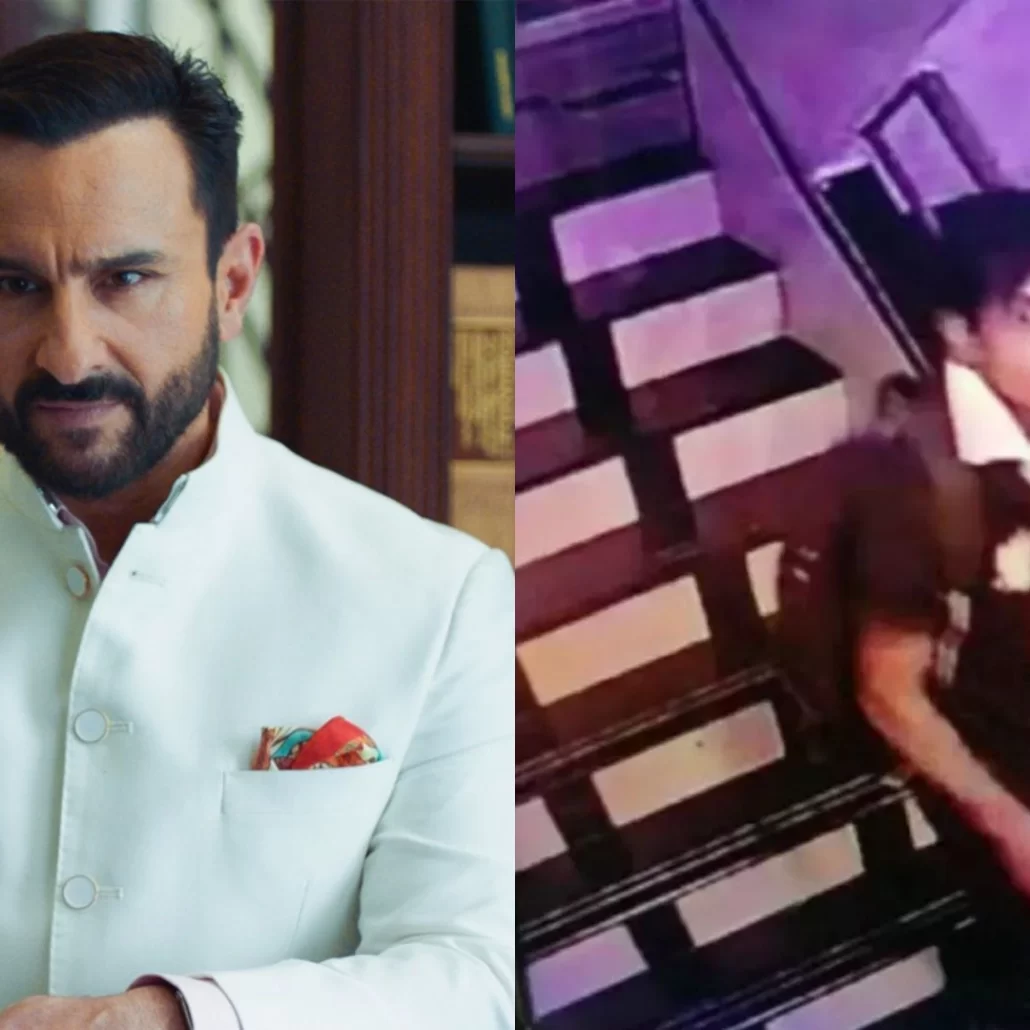Security is one of the most critical aspects of any residential complex. Residents expect their homes to be safe havens, but achieving this requires proactive measures. Regular security audits are one such essential measure that can prevent risks and ensure peace of mind for all occupants. The Saif Ali Khan case highlights why such audits are indispensable in modern residential settings.
Understanding Security Audits
What Are Security Audits?
A security audit is a comprehensive assessment of the safety protocols and systems in place within a residential complex. It involves evaluating:
- Access control mechanisms
- Surveillance systems
- Emergency response protocols
- Staff training and preparedness
Why Are Security Audits Necessary?
Security audits are crucial because they:
- Identify vulnerabilities.
- Ensure compliance with legal and safety standards.
- Enhance the overall safety of residents.
- Build trust and confidence among residents.
The Saif Ali Khan Case: A Wake-Up Call
Overview of the Incident
In this case, Saif Ali Khan’s residential complex faced a security breach that raised significant concerns. An unverified individual managed to access the premises, putting the actor and other residents at risk. This highlighted glaring gaps in the complex’s security measures.
Lessons from the Case
- Lax Access Control: The incident underscored the need for stringent visitor management systems.
- Inadequate Surveillance: Blind spots in the CCTV coverage enabled the breach.
- Lack of Proactive Audits: A lack of regular security assessments allowed vulnerabilities to persist.
Benefits of Regular Security Audits
1. Prevention of Security Breaches
Regular audits can identify weak points in:
- Entry and exit points.
- Visitor management systems.
- Surveillance coverage.
2. Enhanced Emergency Preparedness
Audits ensure that the residential complex has:
- Well-defined evacuation plans.
- Functional fire alarms and extinguishers.
- Staff trained for emergencies.
3. Resident Confidence
Knowing that their complex undergoes regular security checks fosters a sense of safety among residents, improving their quality of life.
4. Legal and Regulatory Compliance
Security audits ensure adherence to:
- Local safety regulations.
- Insurance requirements.
Key Components of an Effective Security Audit
1. Access Control Systems
- Verify the functionality of biometric or RFID-based entry systems.
- Review visitor verification protocols.
2. Surveillance Systems
- Inspect the coverage and clarity of CCTV cameras.
- Ensure real-time monitoring capabilities.
3. Perimeter Security
- Check for gaps in fencing and boundary walls.
- Evaluate the placement of security personnel.
4. Lighting and Visibility
- Ensure adequate lighting in parking lots, corridors, and common areas.
5. Emergency Protocols
- Test fire alarms and sprinkler systems.
- Conduct evacuation drills.
Steps to Conduct a Security Audit
1. Planning the Audit
- Define objectives and scope.
- Create a checklist of items to review.
2. On-Site Assessment
- Inspect all areas of the complex.
- Interview security staff and residents for feedback.
3. Risk Identification
- Analyze findings to identify vulnerabilities.
4. Implementation of Recommendations
- Address the identified issues promptly.
- Upgrade systems and train staff as needed.
5. Follow-Up Audits
- Schedule periodic audits to ensure continued security.
Best Practices for Residential Complexes
1. Technology Integration
- Use AI-powered surveillance for real-time threat detection.
- Implement app-based visitor management systems.
2. Training and Awareness
- Regularly train security staff.
- Conduct safety awareness sessions for residents.
3. Collaborative Approach
- Involve residents in decision-making.
- Create a security committee to oversee implementations.
Common Challenges in Security Management
1. Budget Constraints
- Limited resources can hinder the implementation of advanced systems.
2. Resident Resistance
- Some residents may resist changes due to privacy concerns or inconvenience.
3. Staff Turnover
- High attrition rates in security personnel can impact continuity.
How to Overcome Challenges
1. Prioritize Critical Areas
Focus on high-risk zones first, such as entry points and parking lots.
2. Engage Experts
Hire professional security consultants for audits and training.
3. Transparent Communication
Keep residents informed about security measures to gain their support.
Why You Should Hire Proman Securitech
Proman Securitech is a trusted name in residential security solutions, offering a holistic approach to safety. Here’s how they can help:
- Comprehensive Security Audits: Their experts identify and address vulnerabilities with precision.
- Advanced Technology Solutions: From AI-powered surveillance to app-based visitor management systems, they provide cutting-edge tools to enhance security.
- Customized Plans: Proman Securitech designs security strategies tailored to the unique needs of each residential complex.
- Training Programs: They ensure that your security staff is well-trained and prepared for any scenario.
How Proman Securitech Ensures Your Safety
- Proactive Risk Management: By regularly assessing and upgrading security measures, they stay ahead of potential threats.
- 24/7 Support: Their dedicated support team ensures prompt resolution of security concerns.
- Cost-Effective Solutions: Proman Securitech delivers high-quality services while staying within your budget.
- Compliance and Certifications: They ensure that your complex meets all legal and regulatory safety requirements.
Conclusion
The Saif Ali Khan case serves as a critical reminder of the importance of regular security audits in residential complexes. By proactively identifying and addressing vulnerabilities, these audits not only enhance safety but also build trust among residents. Complexes must prioritize security as a shared responsibility, leveraging technology, expert insights, and community involvement to create a truly safe environment. Regular audits are not just an investment in security—they are an investment in the well-being of every resident.

